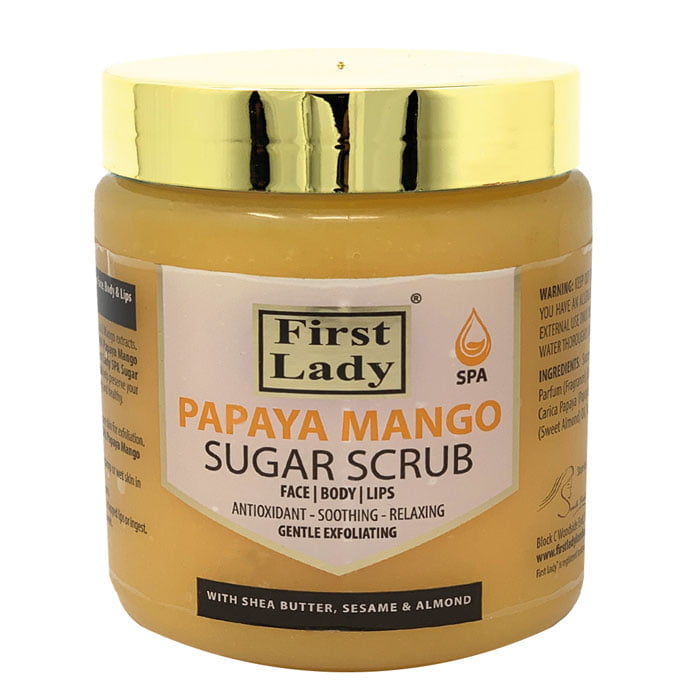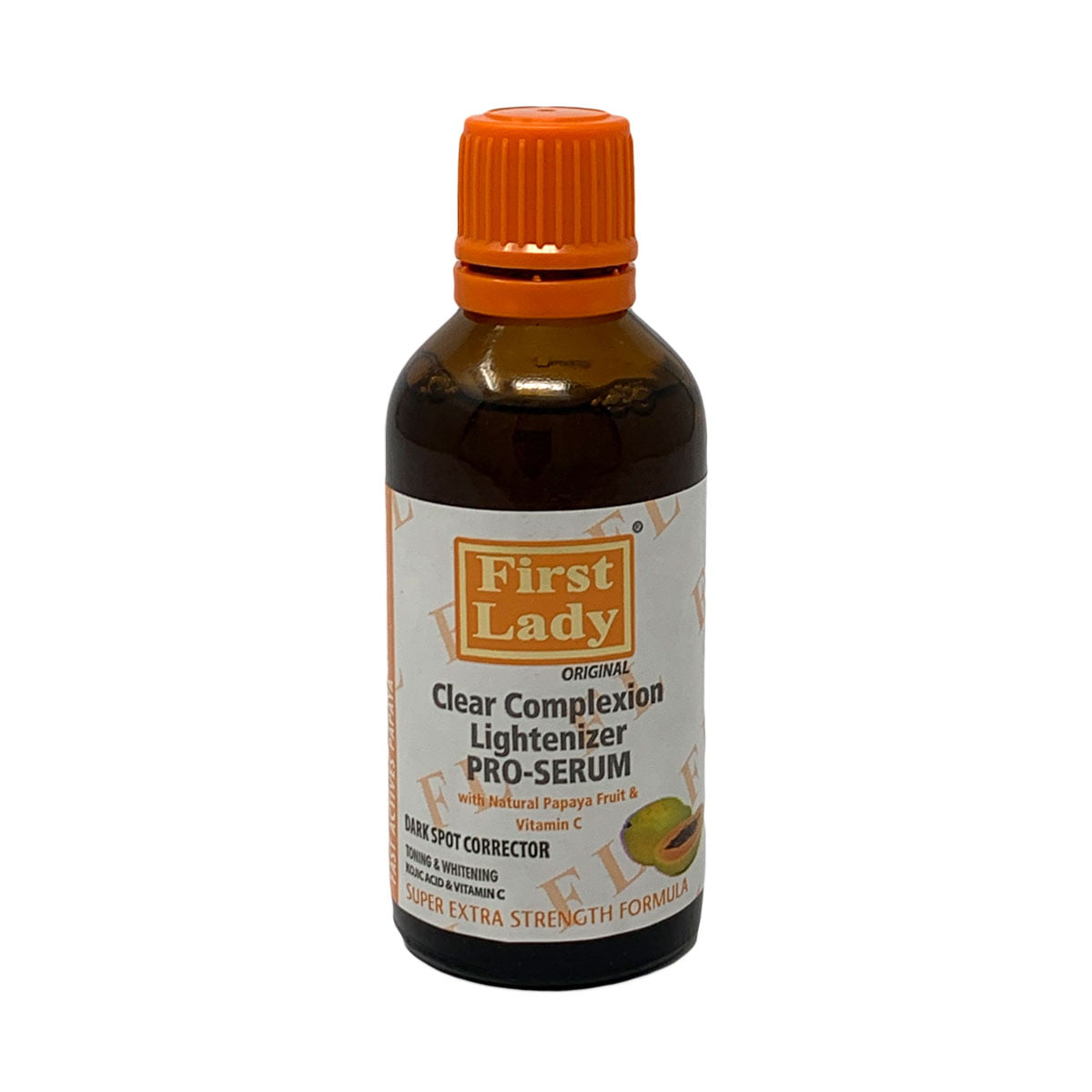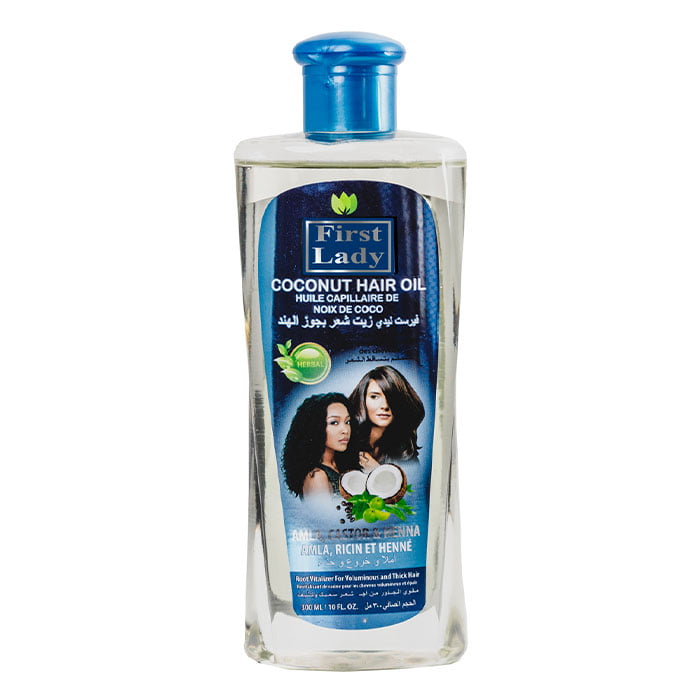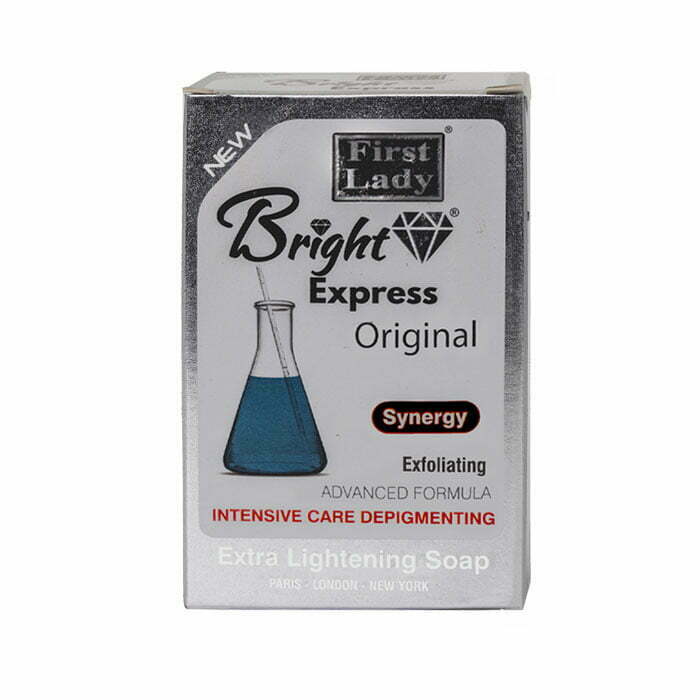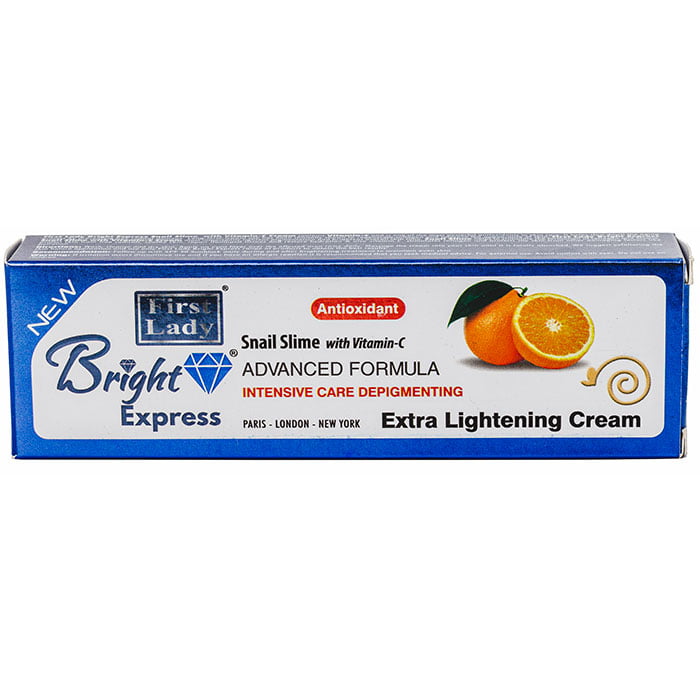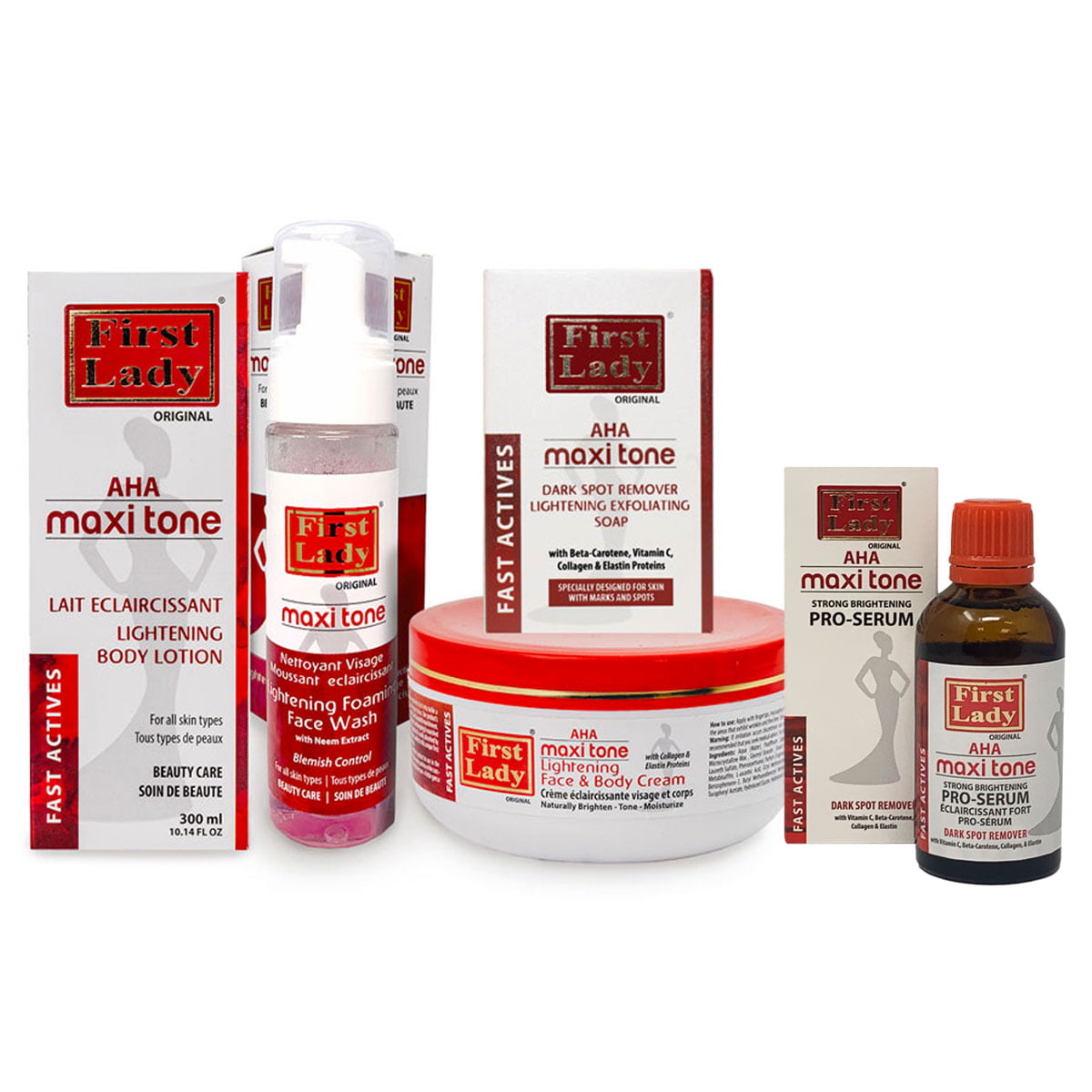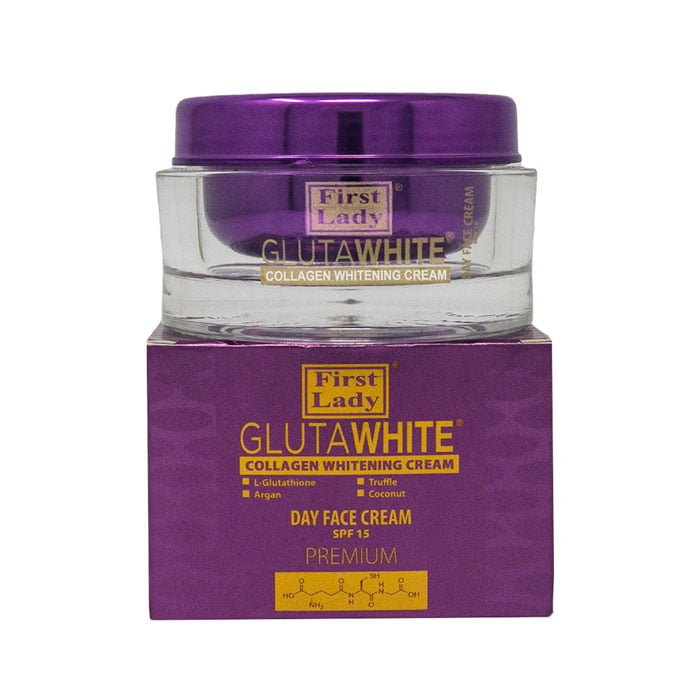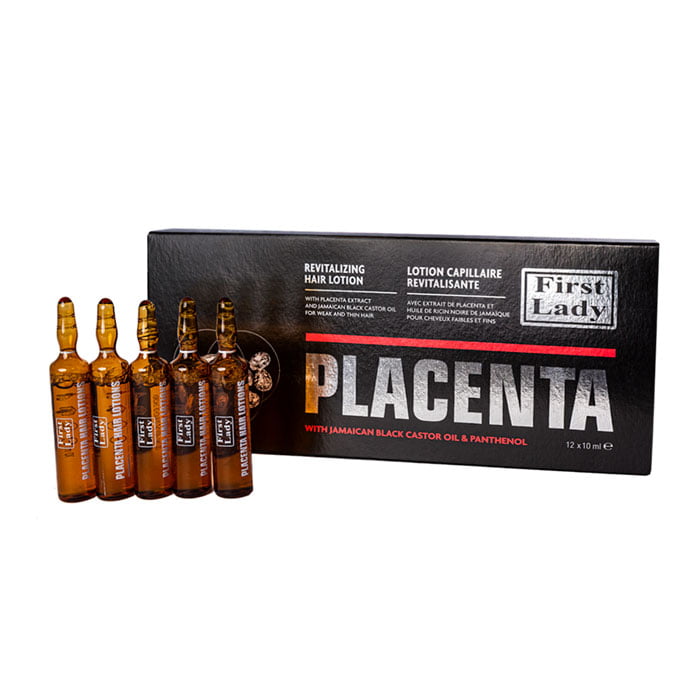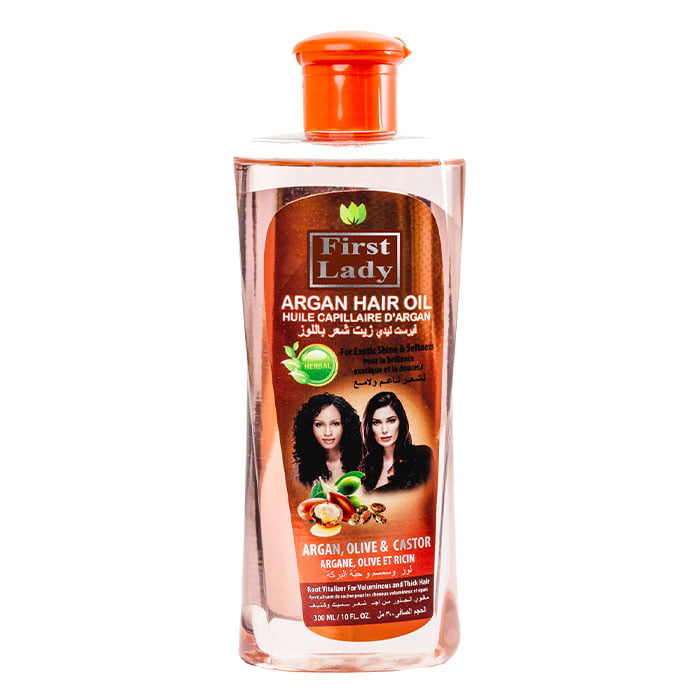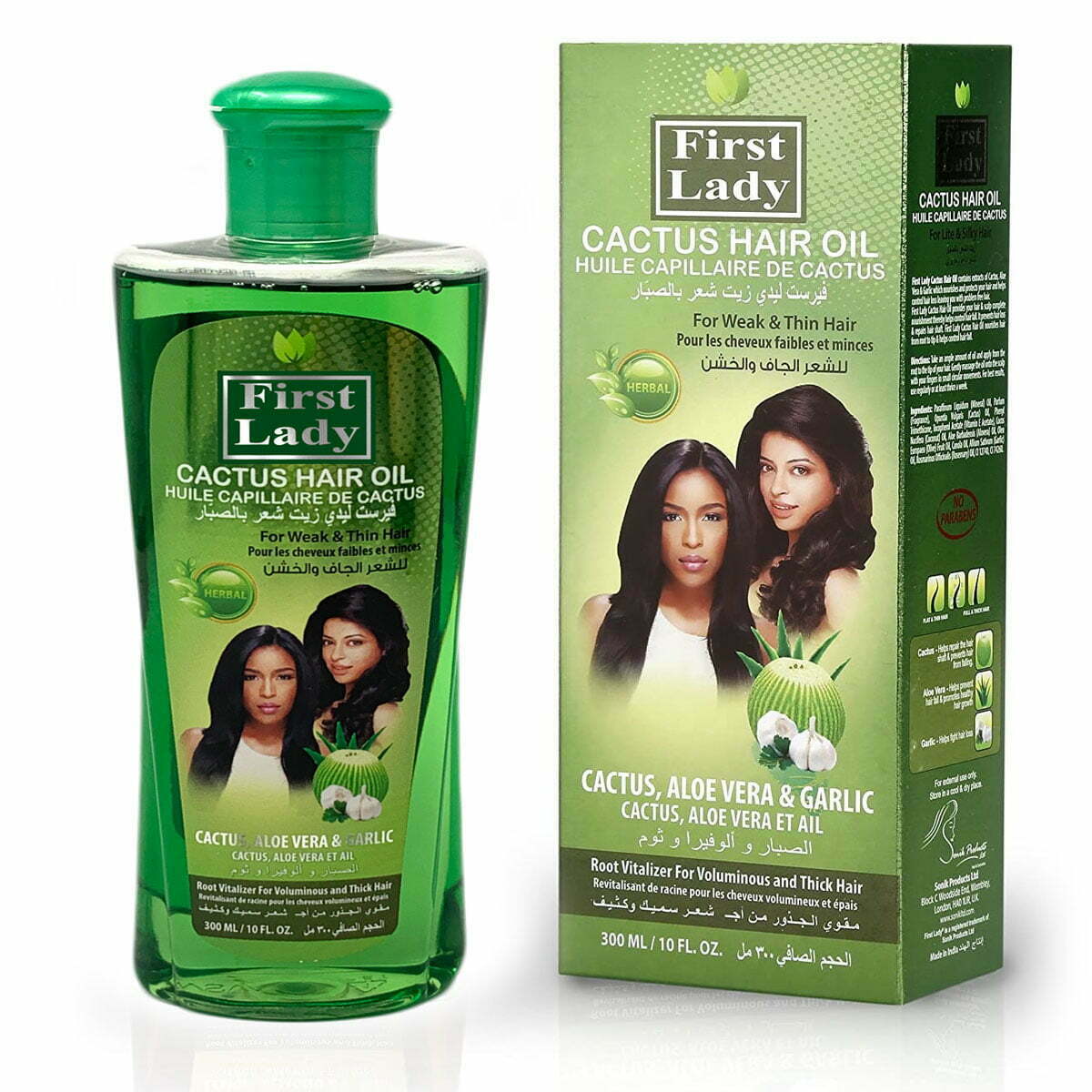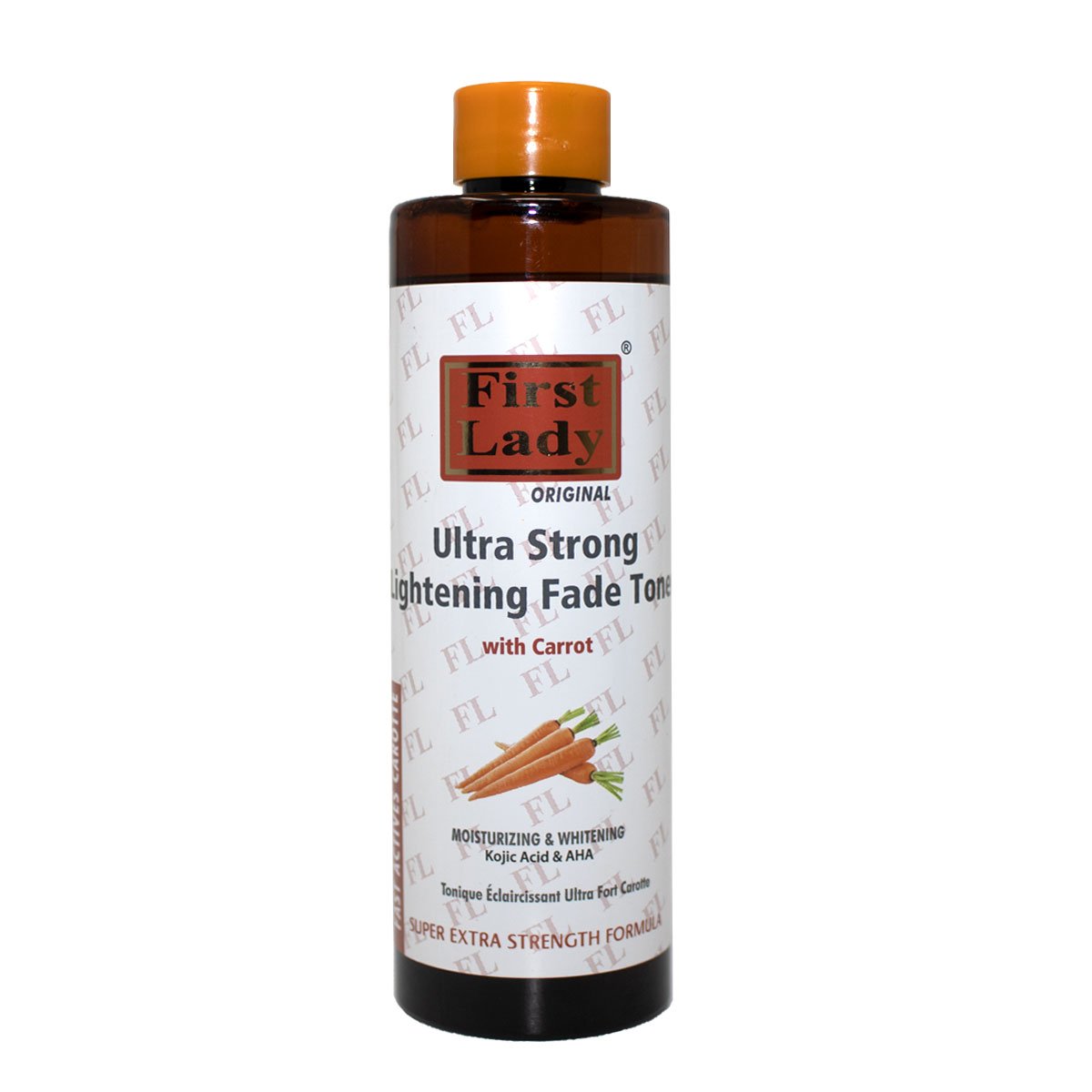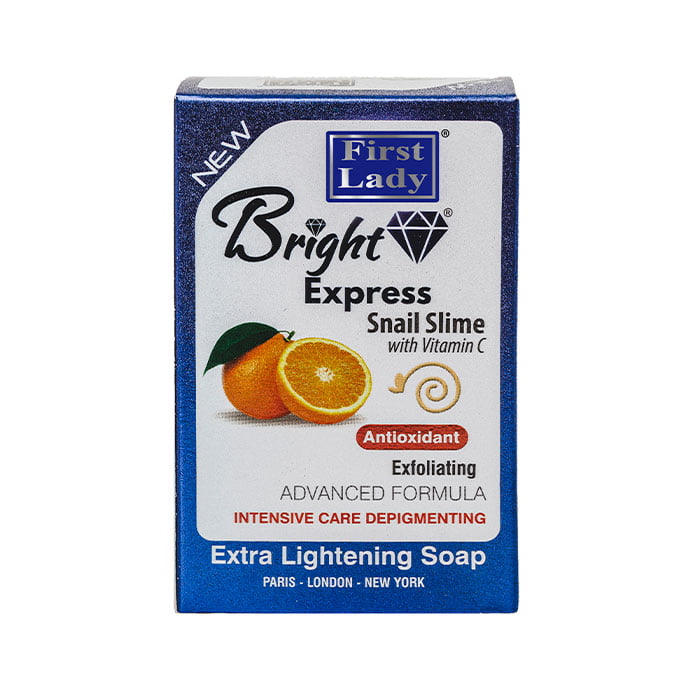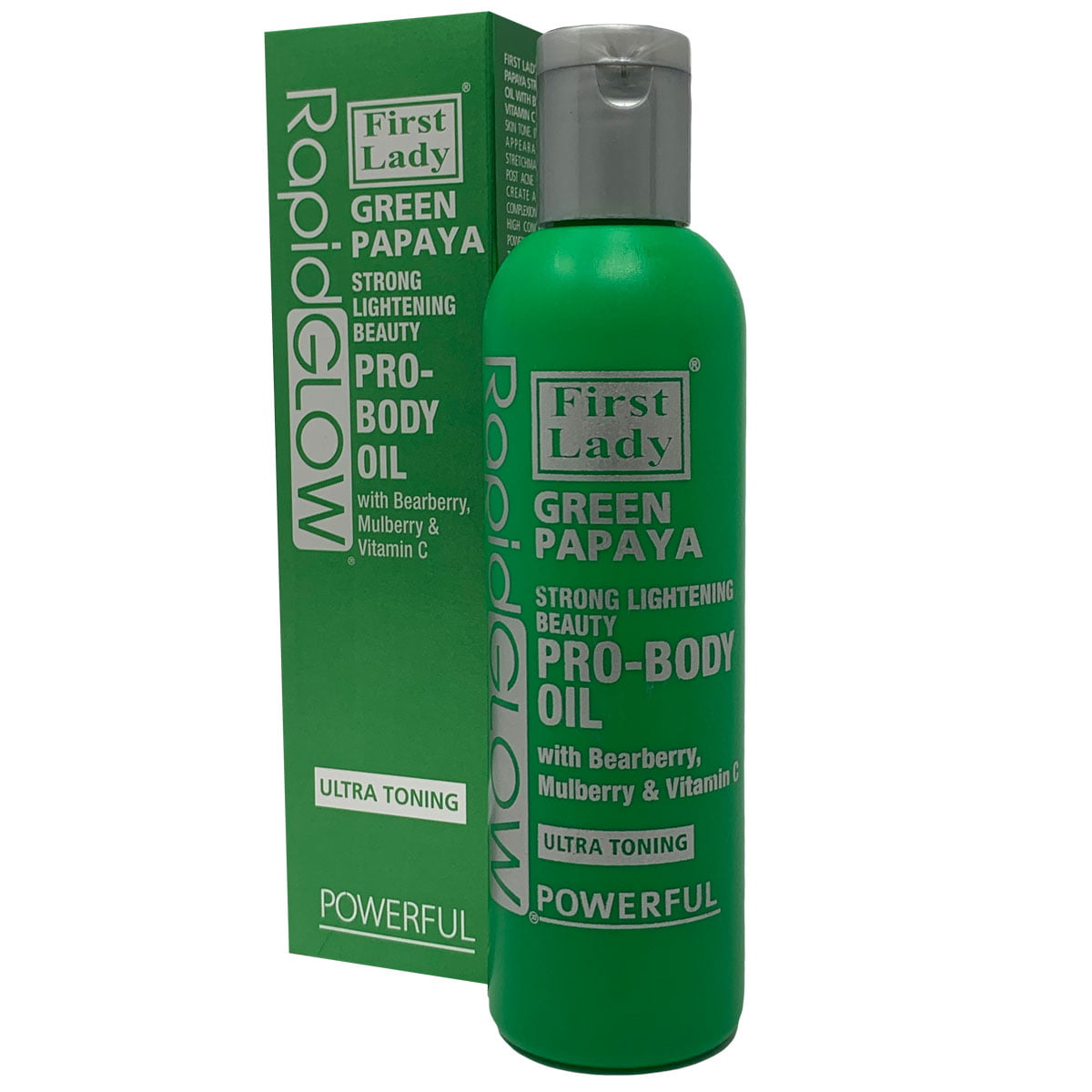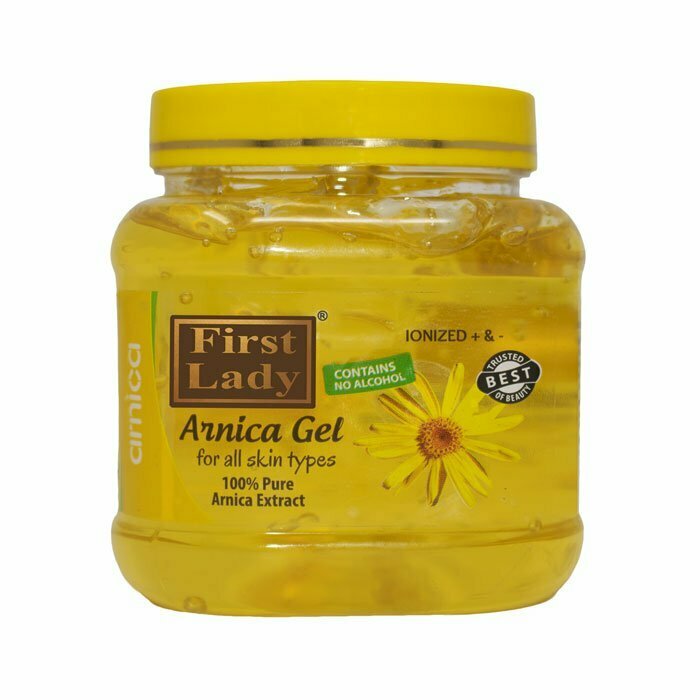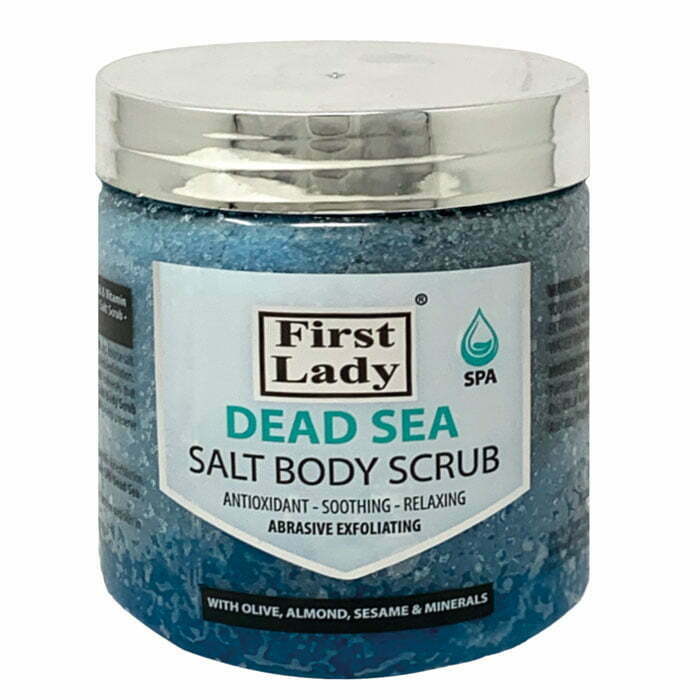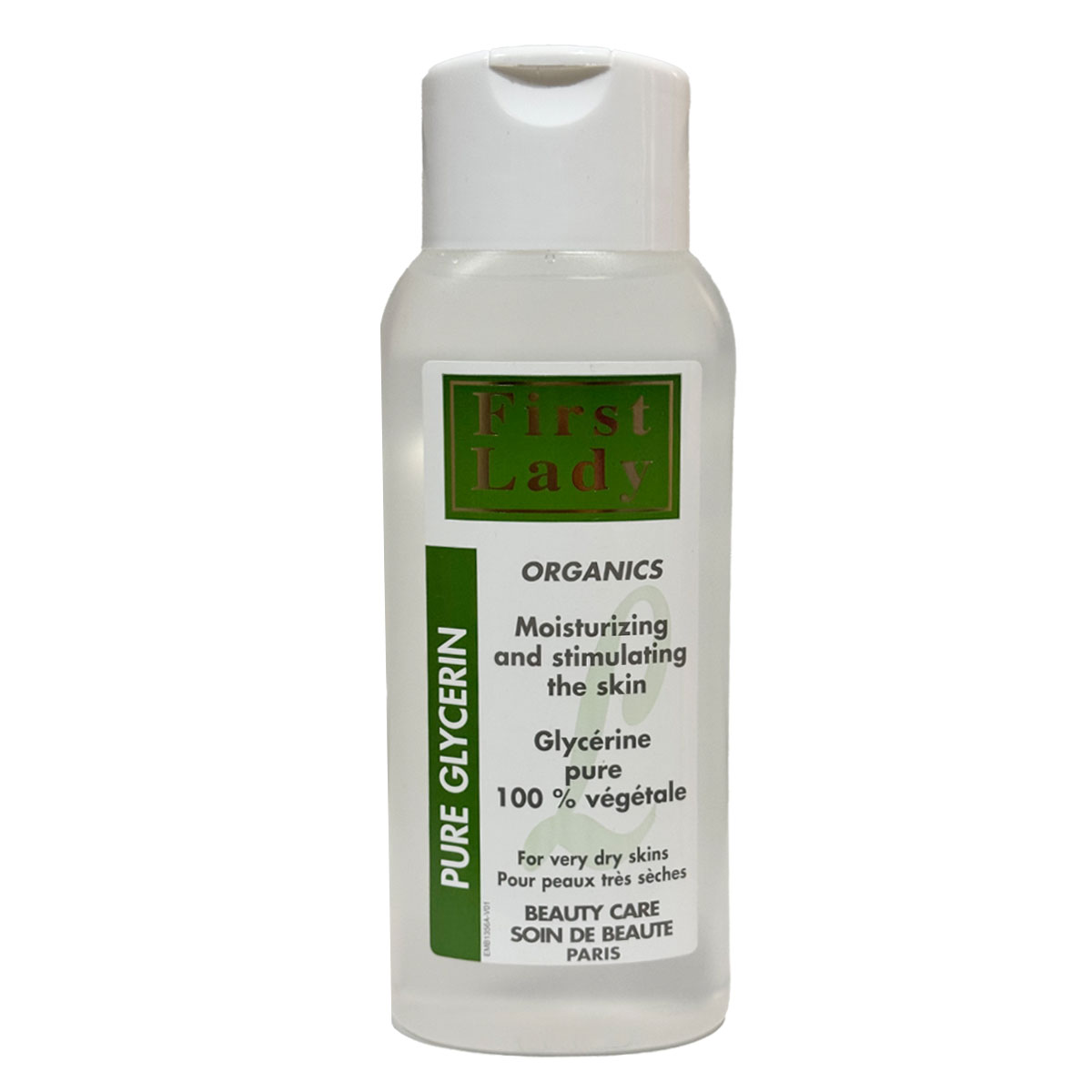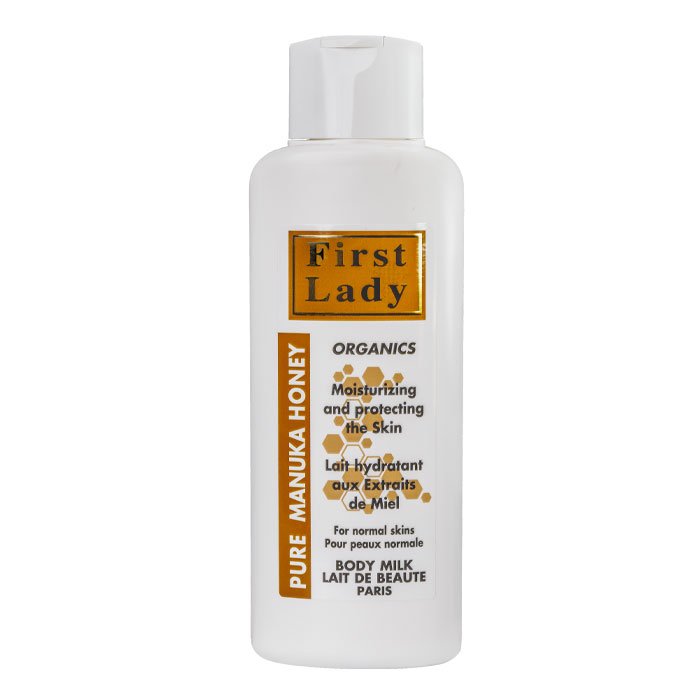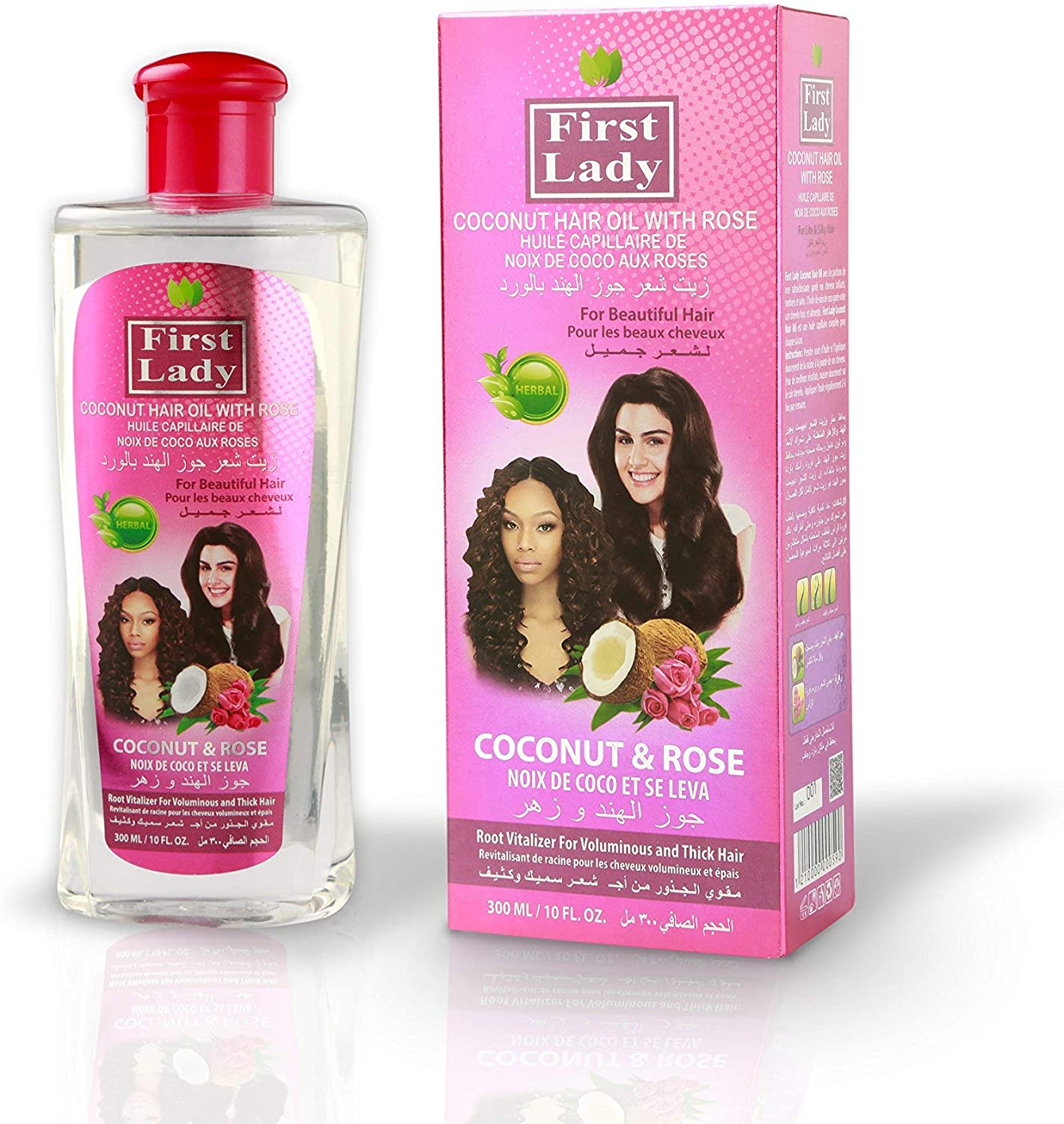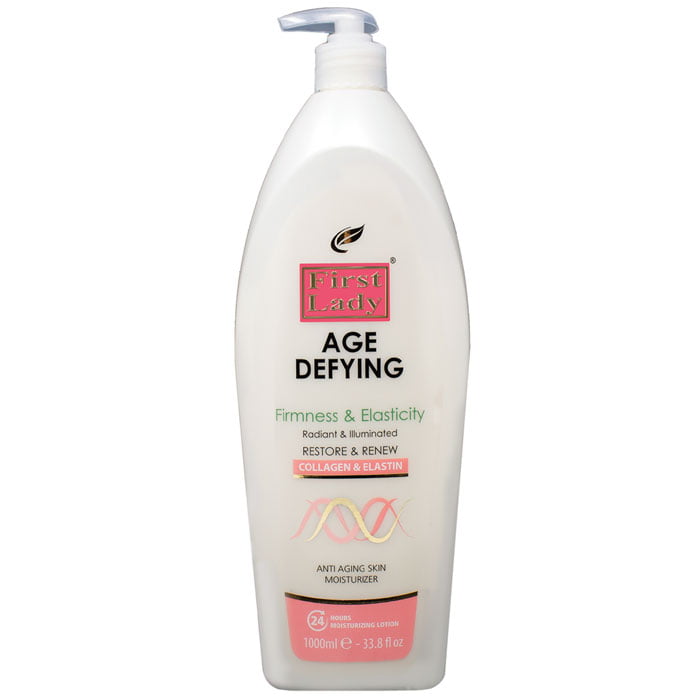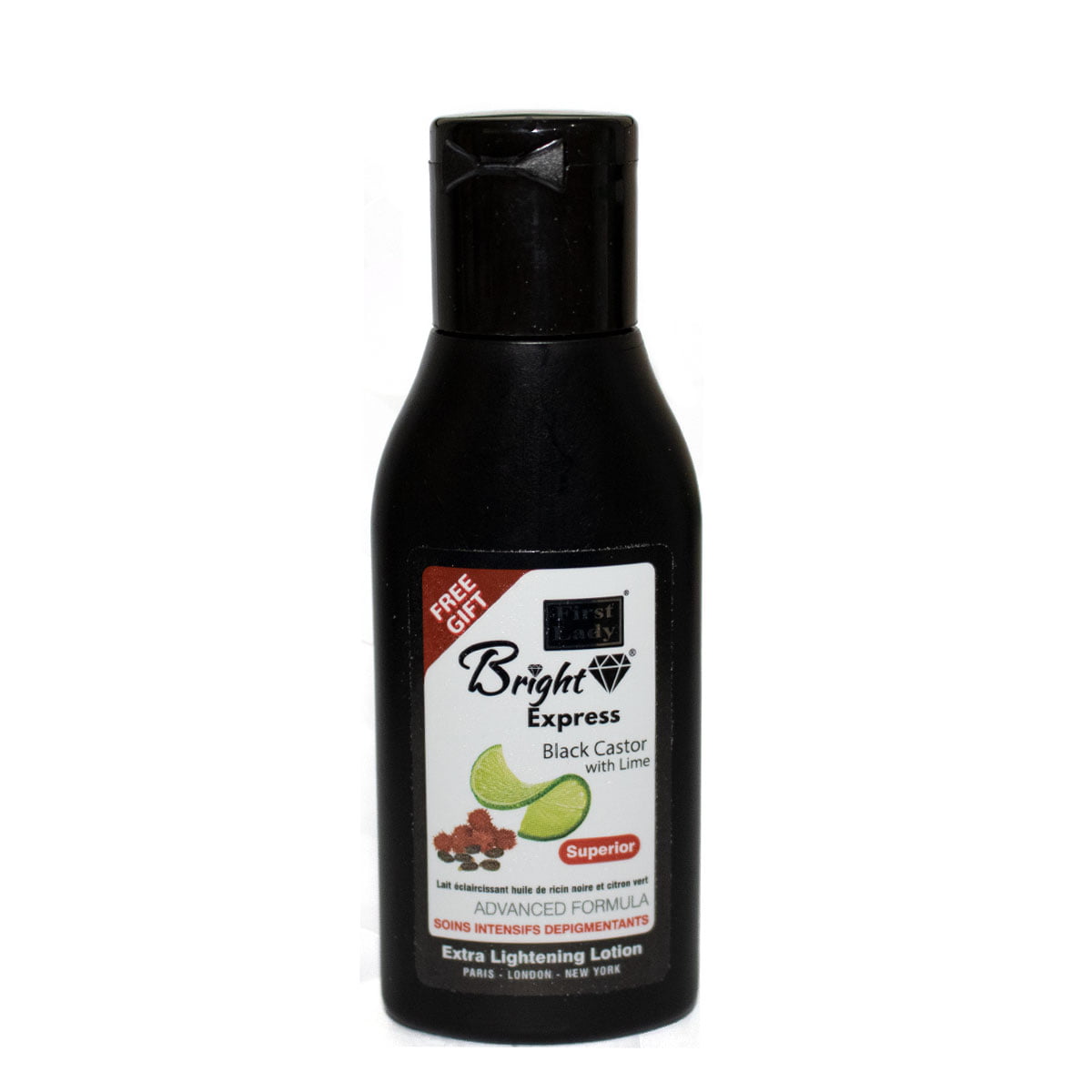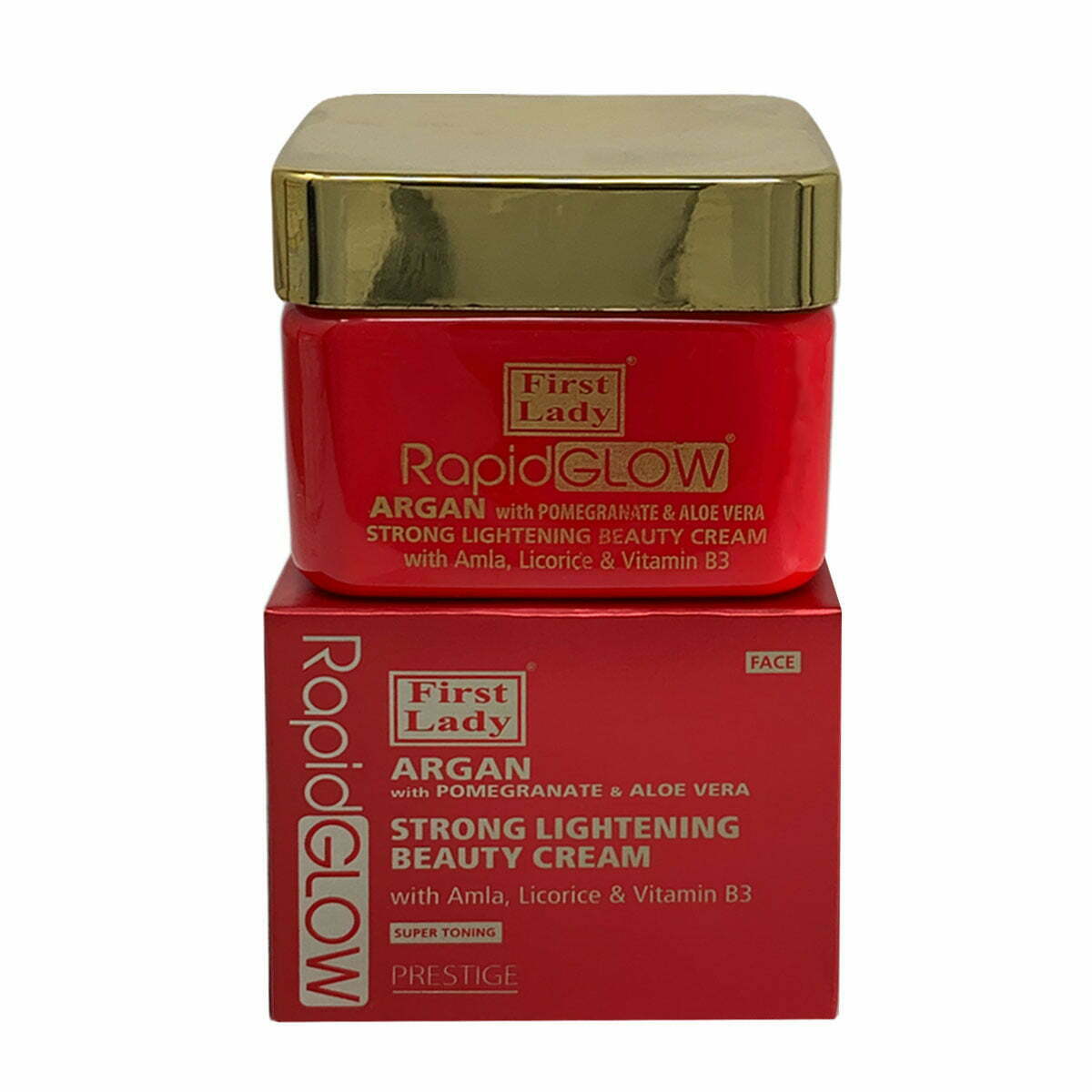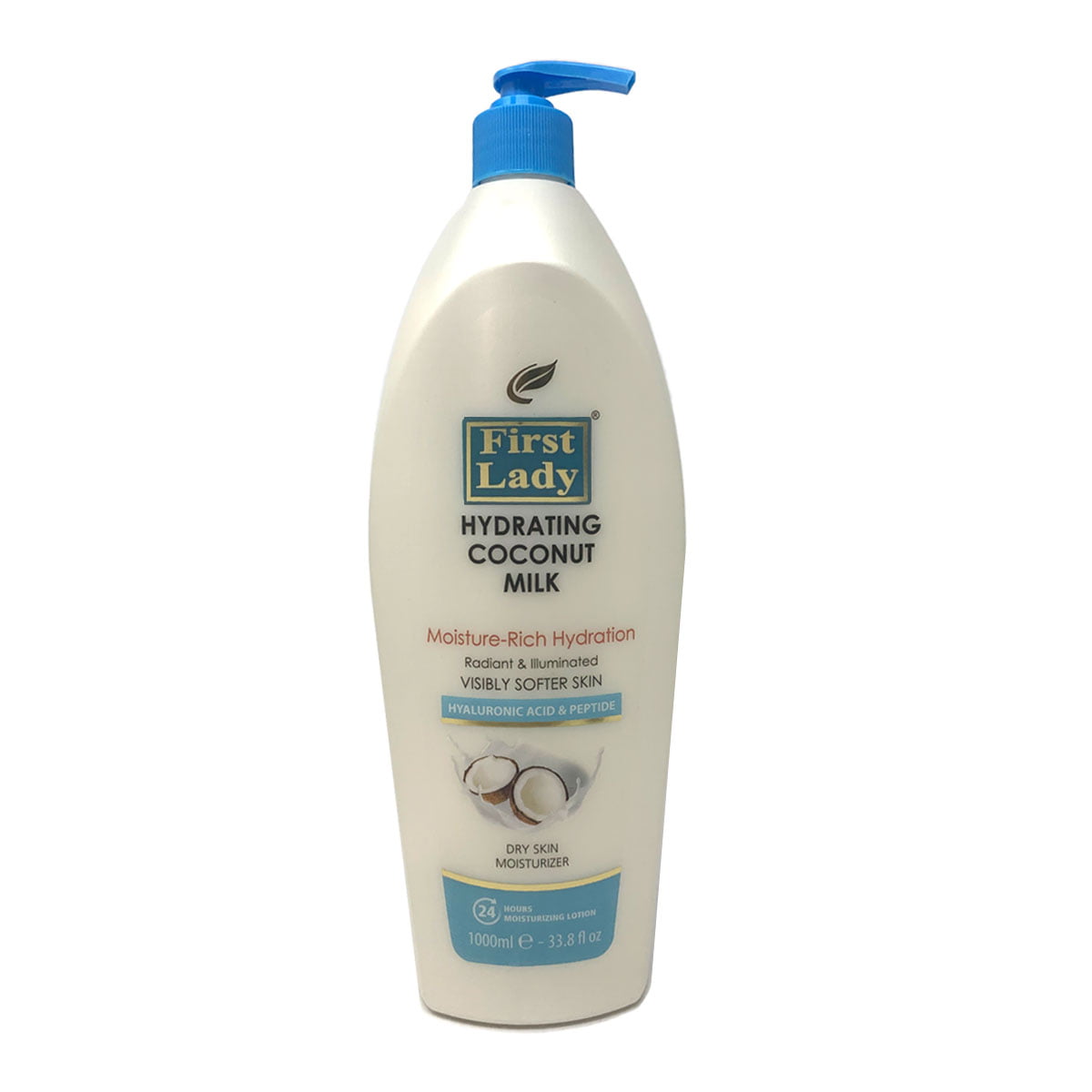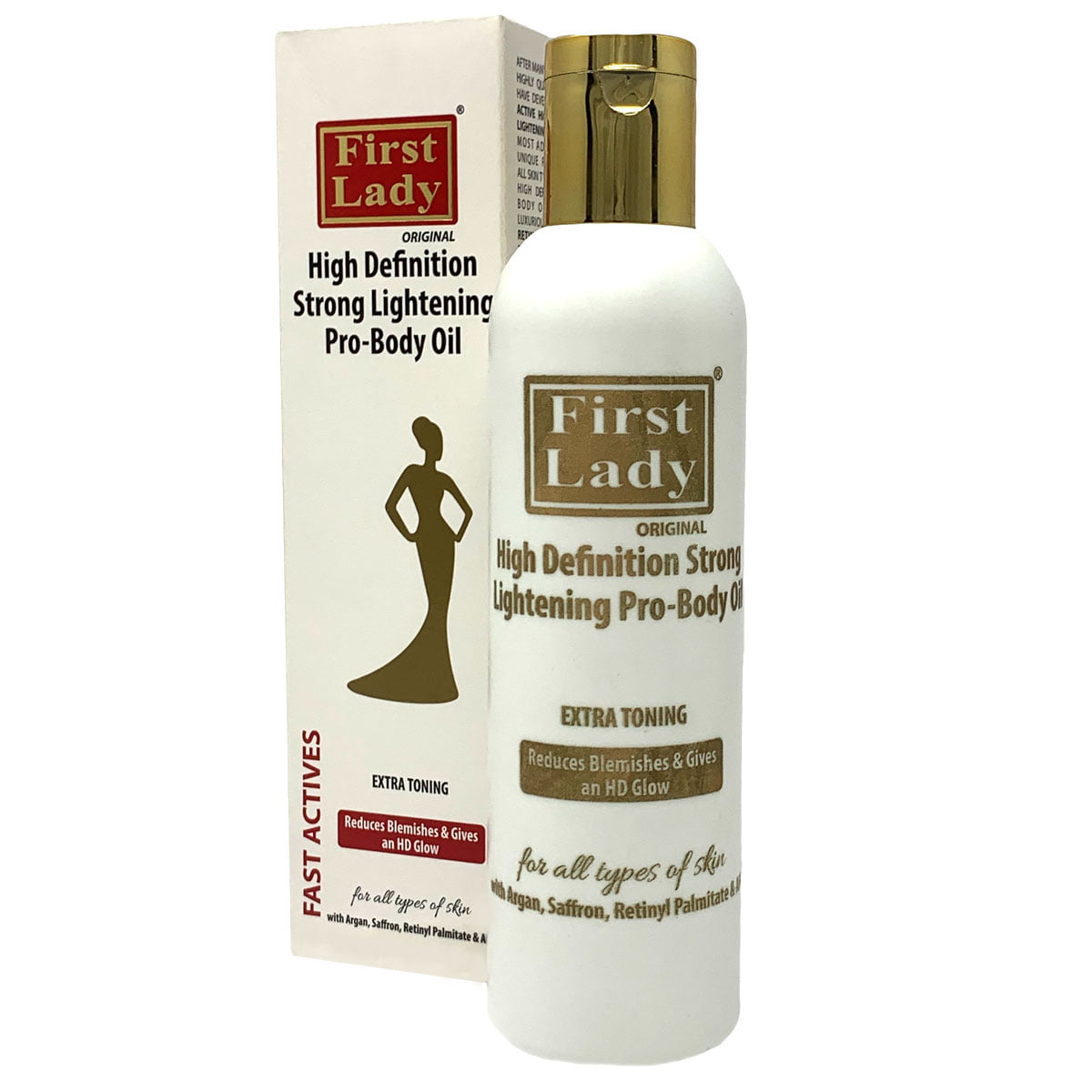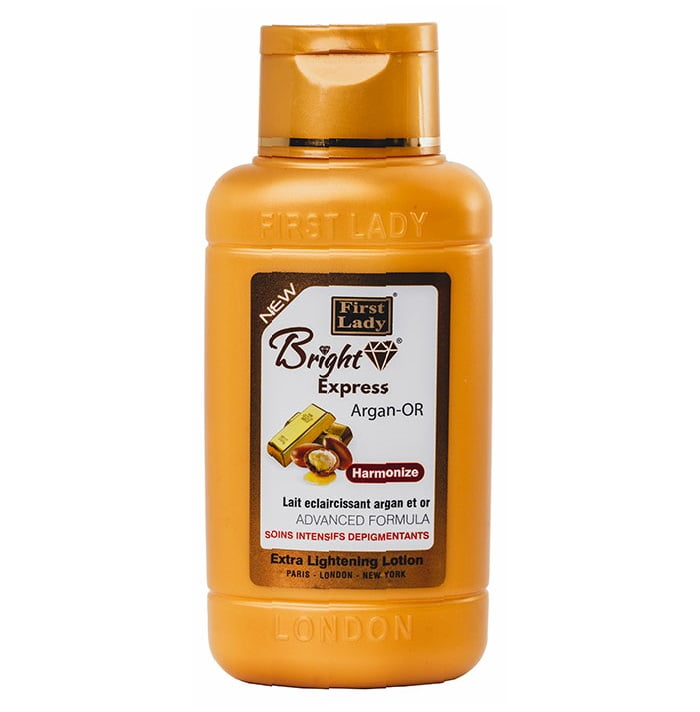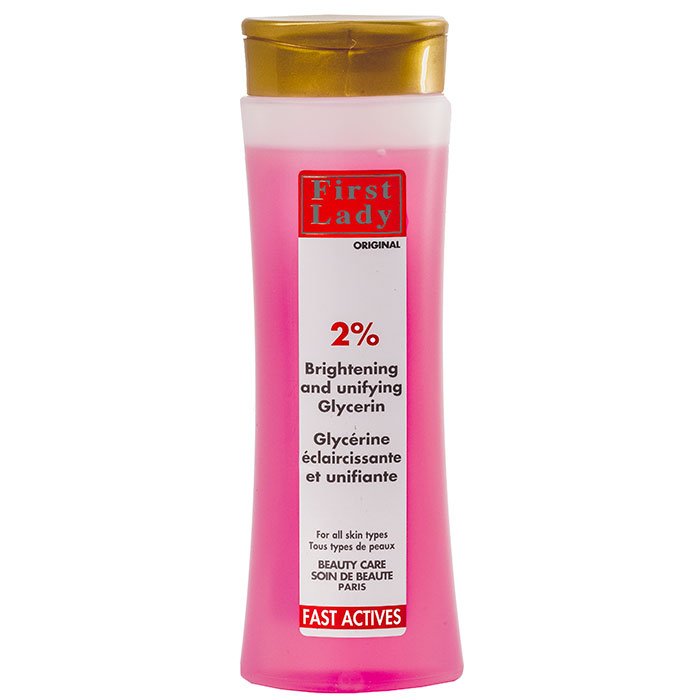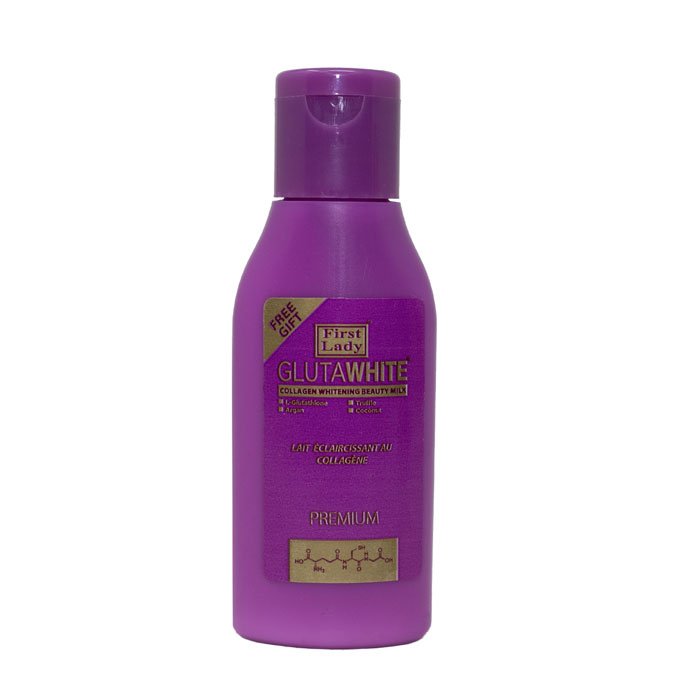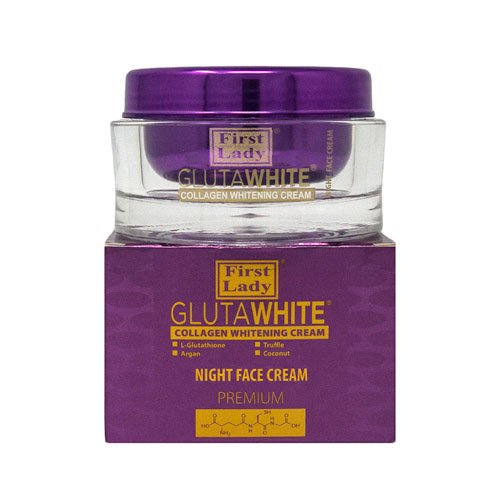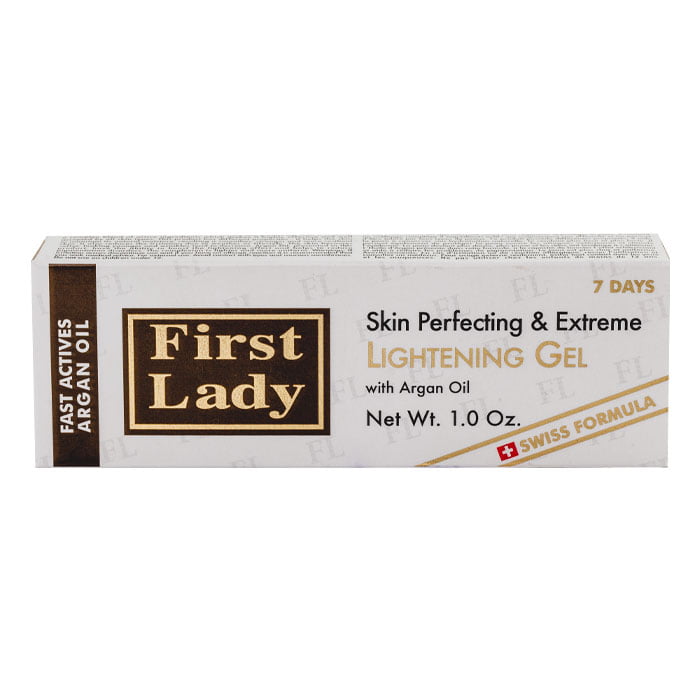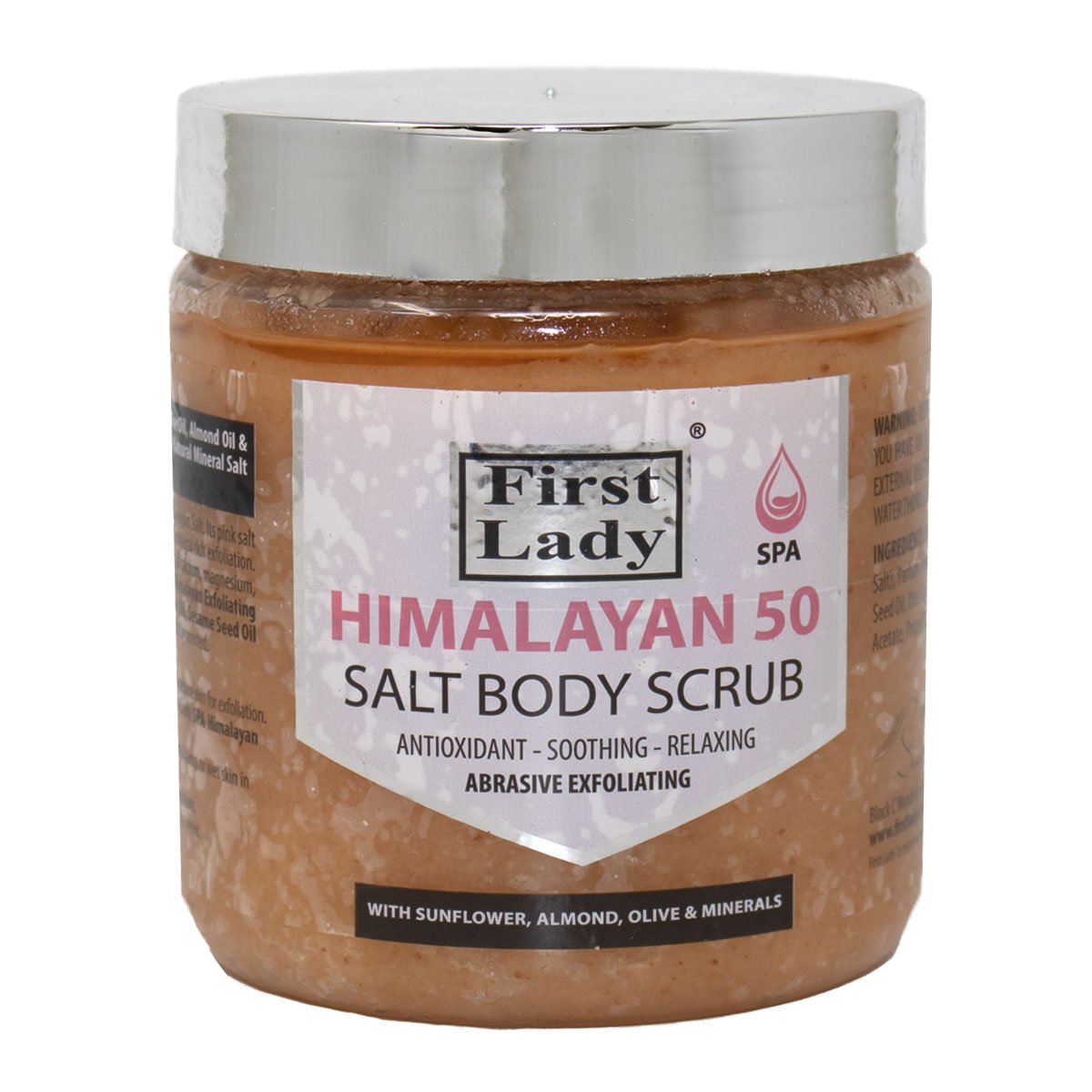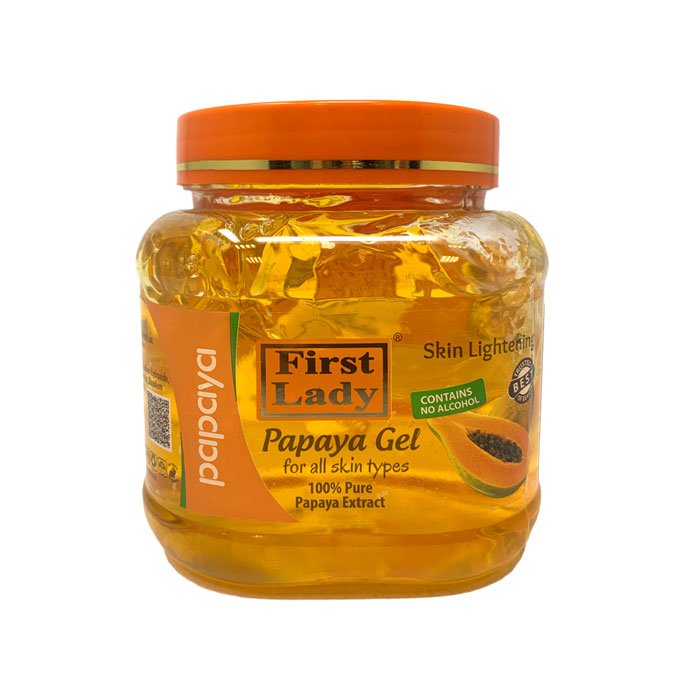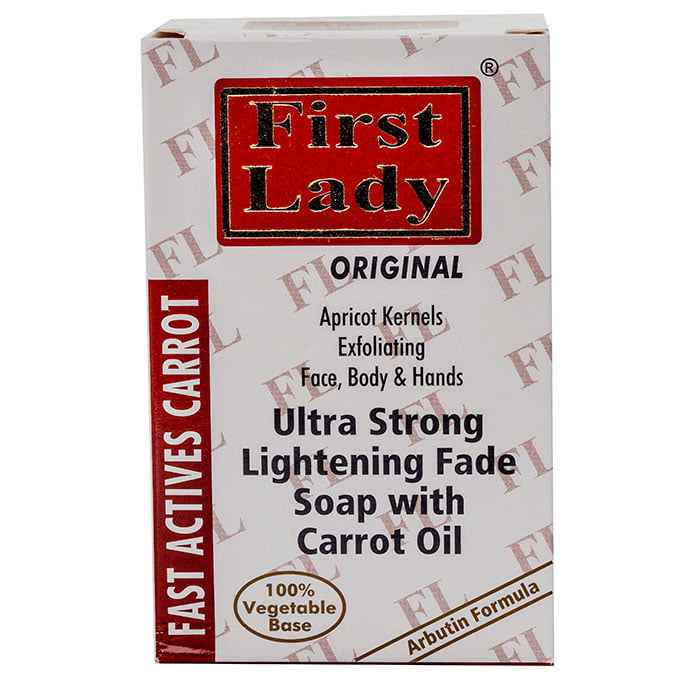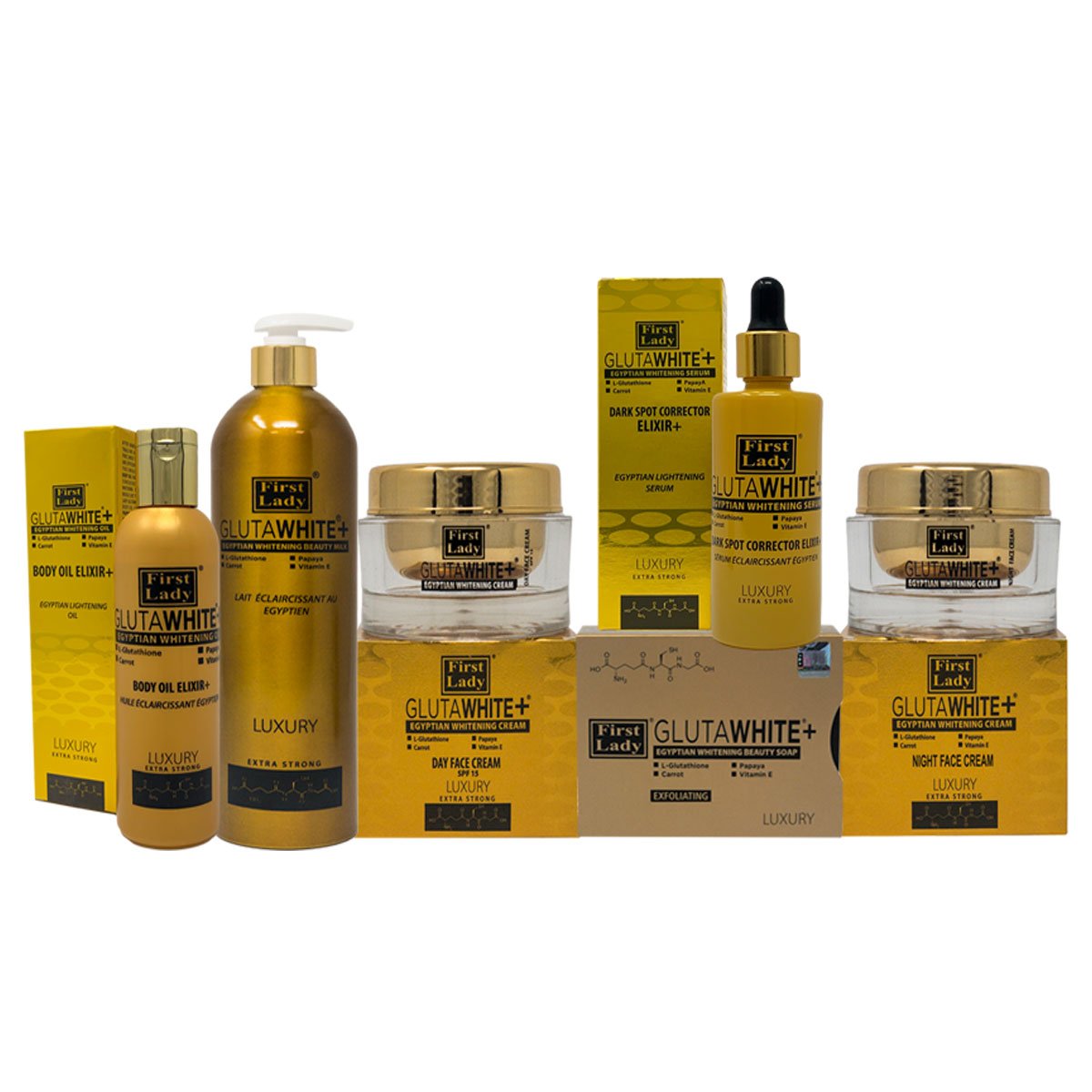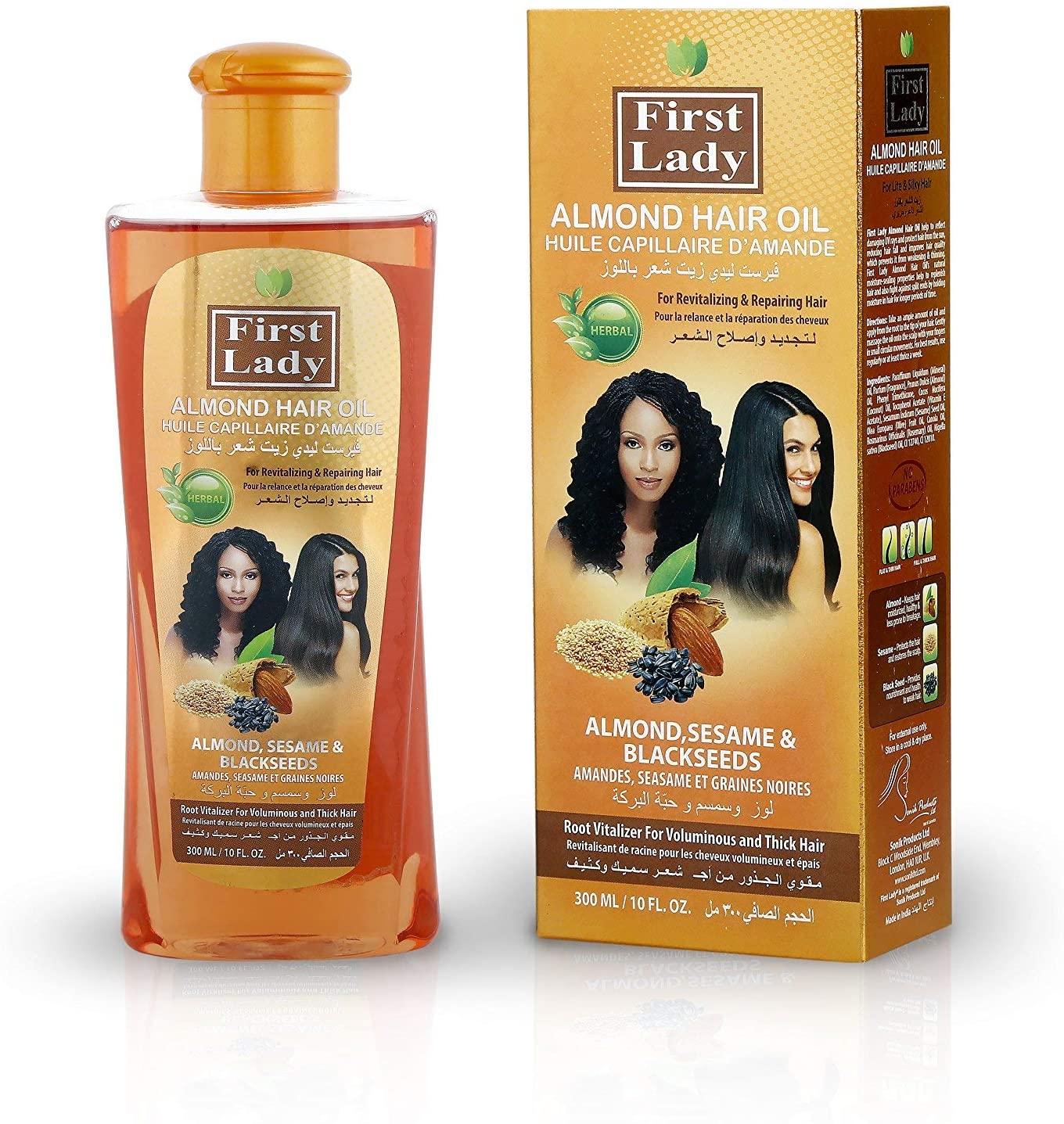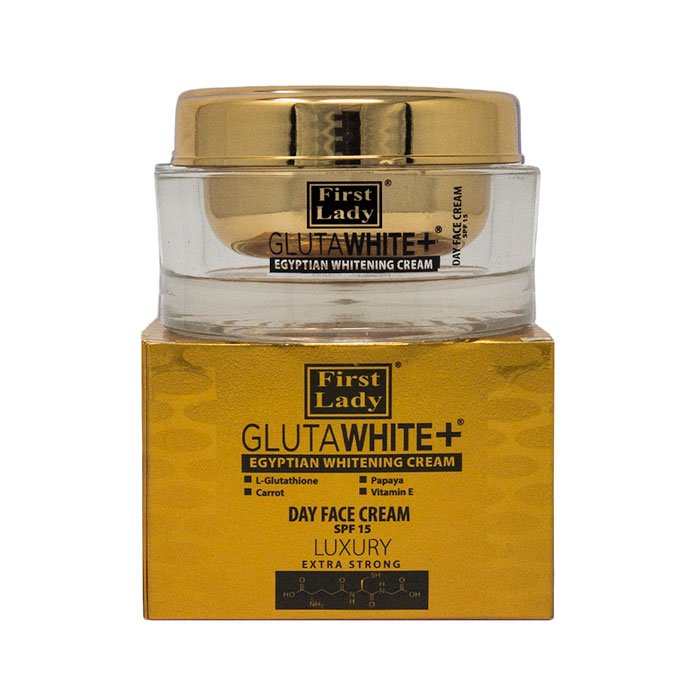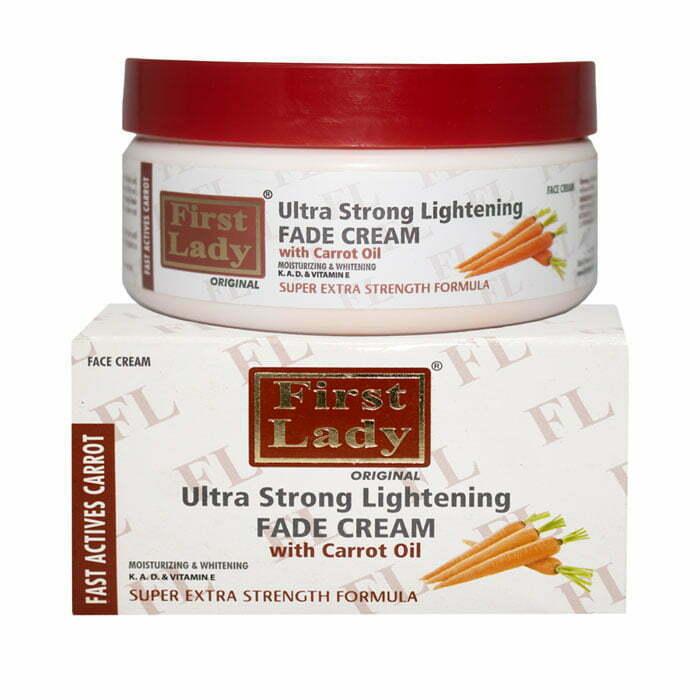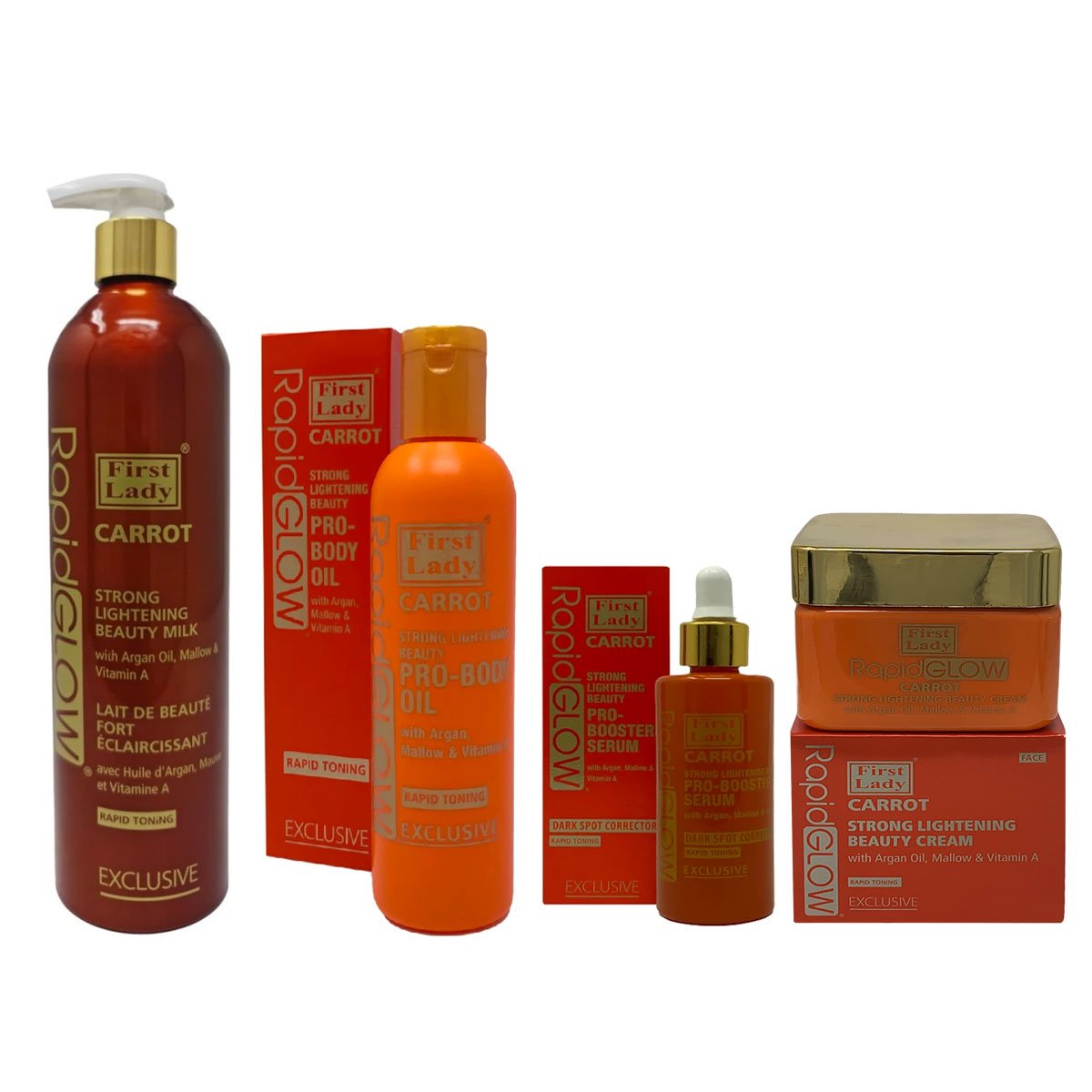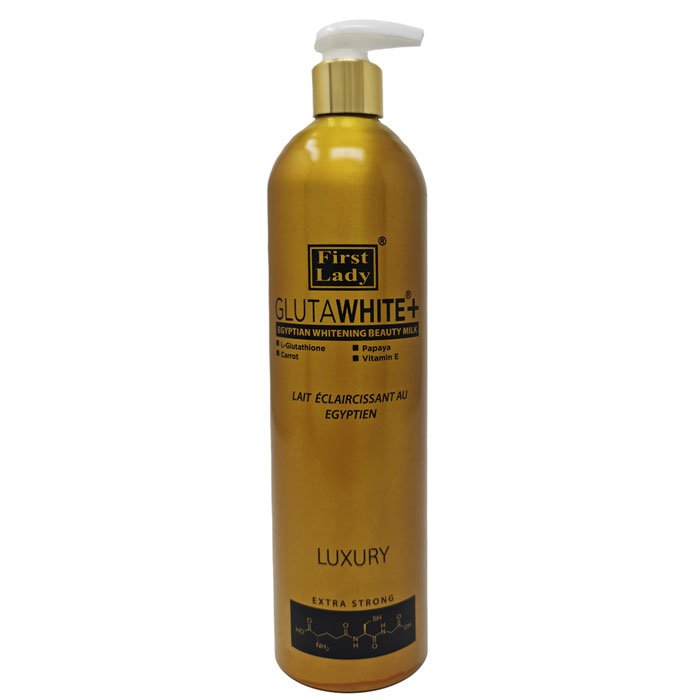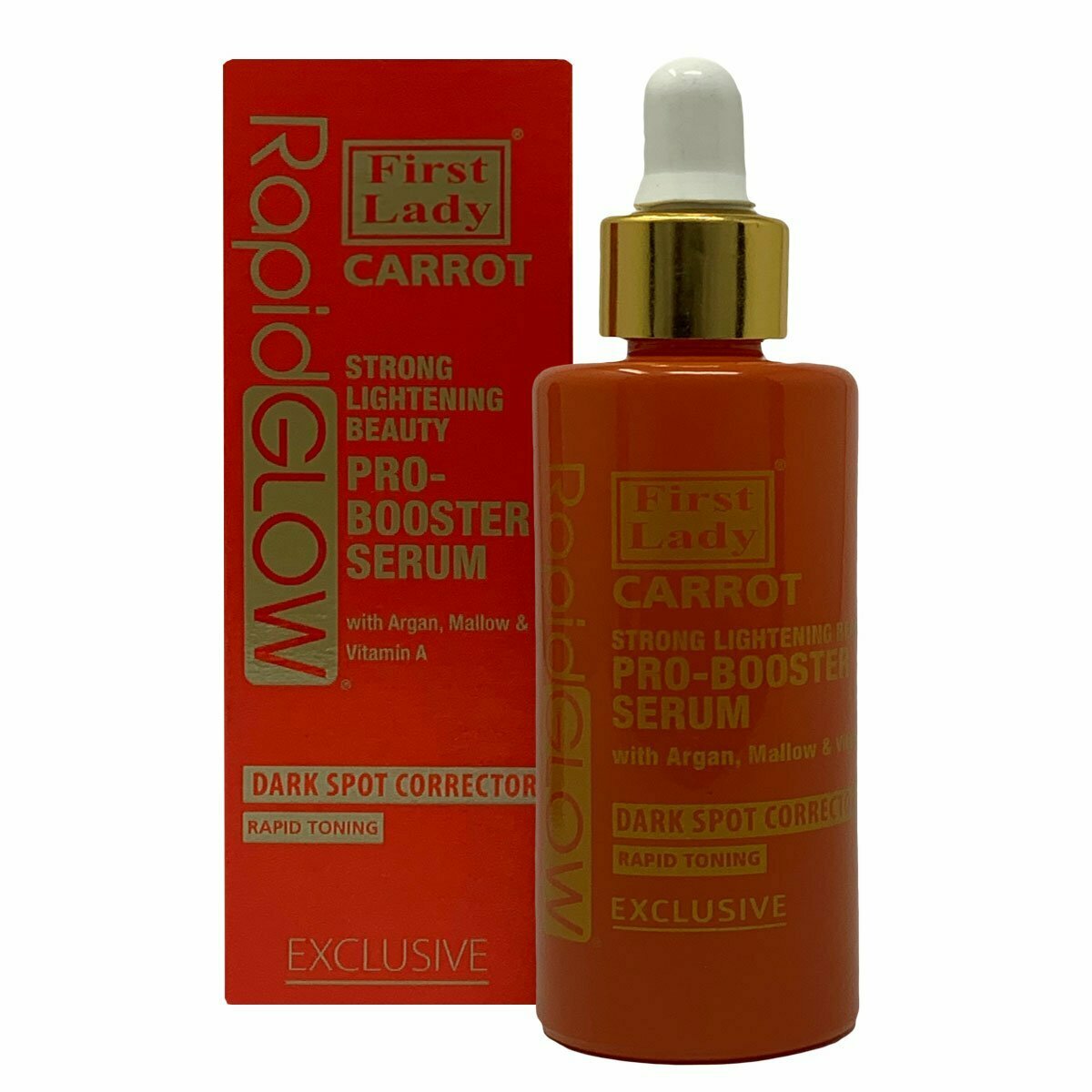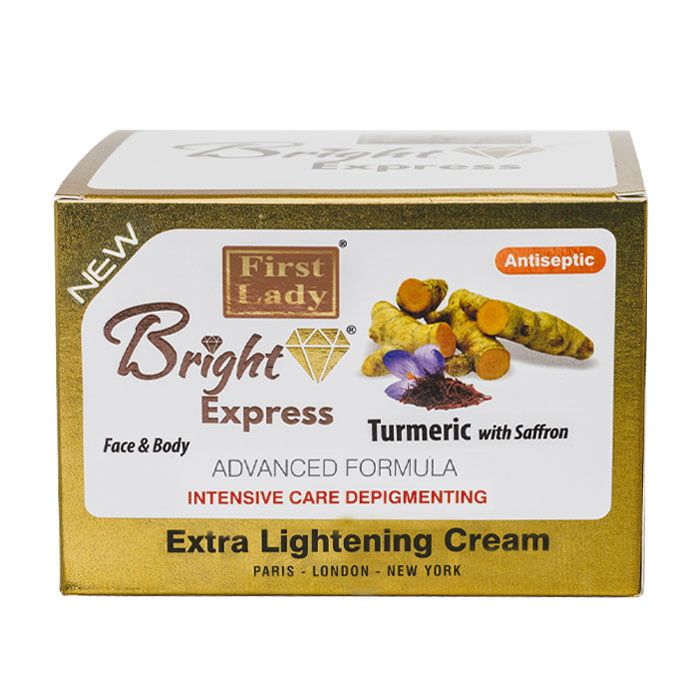Can Sugar Scrub Help with Exfoliation?
Benefits + Skincare Tips
Discover how sugar scrub works as a natural exfoliation for radiant skin. Learn the benefits of sugar scrubs and why First Lady London’s Coconut Lime and Papaya Mango Sugar Scrubs are your skincare must-haves.

In the ever-evolving world of skincare, one ingredient continues to hold its ground as a staple in many exfoliating products: sugar. While we often associate sugar with indulgent treats, this humble pantry ingredient is also a powerhouse when it comes to skincare. But can sugar help with exfoliation? The answer is a resounding yes.
In this blog, we’ll dive into how sugar exfoliates the skin, why it’s gentle yet effective, and how First Lady London’s Coconut Lime Sugar Scrub and Papaya Mango Sugar Scrub can transform your skincare routine. We’ll also back our claims with research and reference trusted UK sources to give you a well-rounded understanding of sugar scrubs.
What Is Exfoliation and Why Does It Matter?
Exfoliation is the process of removing dead skin cells from the surface of your skin. These dead cells can accumulate, clog pores, and leave your skin looking dull and rough. By exfoliating regularly, you:
- Improve skin texture
- Brighten complexion
- Unclog pores
- Prevent breakouts
- Enhance the absorption of skincare products
There are two main types of exfoliation: physical and chemical. Sugar scrubs fall under physical exfoliation, meaning they use small particles to slough away dead skin cells manually.
Why Sugar Works So Well as an Exfoliant
1. Natural Glycolic Acid Source
Sugar, especially cane sugar, naturally contains glycolic acid, an alpha-hydroxy acid (AHA). Glycolic acid helps to loosen the bonds between skin cells, encouraging them to shed and reveal fresher skin beneath. According to the British Association of Dermatologists, AHAs are widely recognised for their ability to improve skin tone and texture by accelerating cell turnover.
2. Gentle Yet Effective Granules
Unlike some exfoliants that use harsh or synthetic particles, sugar has small, round granules that dissolve gradually as you rub them into the skin. This makes it much gentler on the skin barrier, especially for sensitive skin types.
3. Humectant Properties
Sugar is a natural humectant, meaning it draws moisture from the environment into the skin. This helps to keep your skin hydrated even while exfoliating. NHS-backed skincare experts often recommend humectants as part of a well-balanced skincare routine to retain skin moisture.
The Research Behind Sugar in Skincare
Research supports the role of glycolic acid from sugar in improving skin quality. A study published in the Journal of Dermatological Treatment found that glycolic acid improves skin firmness, reduces fine lines, and enhances hydration by improving the skin’s barrier function.
Additionally, the British Journal of Dermatology has highlighted that topical exfoliation can reduce hyperpigmentation and help manage acne, both of which are contributed to by sugar-based exfoliants.
Why Choose a Sugar Scrub Over Other Exfoliants?
Now that we know sugar is a great exfoliator, the next question is: Why choose a sugar scrub instead of other exfoliants like salt or walnut shells? Here’s why:

Sugar is biodegradable, eco-friendly, and naturally nourishing, making it one of the most holistic options for exfoliating your skin without doing damage.
Spotlight on First Lady London’s Sugar Scrubs
Let’s take a closer look at how First Lady London’s Coconut Lime Sugar Scrub and Papaya Mango Sugar Scrub embody the benefits of sugar exfoliation while offering added skin-loving ingredients.
🥥 First Lady Coconut Lime Sugar Scrub
Why it works:
- Contains raw sugar crystals for gentle exfoliation
- Infused with coconut & lime oil, known for their intense moisturising and antibacterial properties
- Leaves the skin silky, smooth, and hydrated
Perfect for:
- Dry or flaky skin
- Dull complexion
- Use before shaving or tanning for smoother application
The coconut oil in this scrub helps seal in moisture post-exfoliation. As highlighted by the NHS, coconut oil is a well-tolerated emollient that helps strengthen the skin barrier.
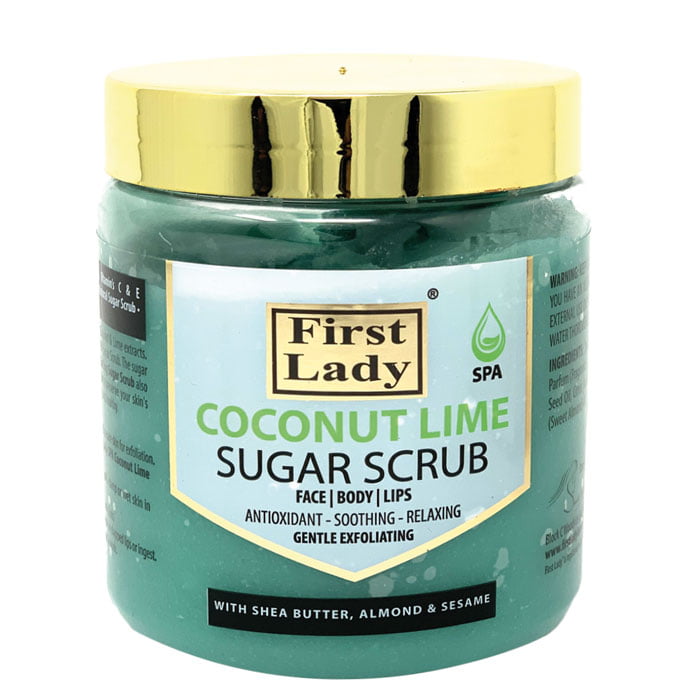 £9.99
£9.99The First Lady Coconut Lime Sugar Scrub for Face, Body & Lips incorporates tropical coconut & lime extracts. Our SPA scrub’s sugar grains offer gentle, deep exfoliation.
<p><p>Read our blog: A Simple Guide to Skin Care That Feels Right
🥭 First Lady Papaya Mango Sugar Scrub
Why it works:
- Combines sugar exfoliation with papaya enzymes, which further break down dead skin cells
- Infused with mango extract, rich in vitamins A and C for skin brightening
- It smells fantastic and gives a tropical skincare experience
Perfect for:
- Brightening dull skin
- Fading uneven skin tone
- Preparing skin for moisturiser or serum application
Papaya contains papain, an enzyme often used in dermatology for enzymatic exfoliation, while mango is known for its antioxidant effects.
How to Use Sugar Scrubs the Right Way
To get the most benefit from your sugar scrub, use it correctly. Here’s a simple guide:
Step-by-Step:
- Cleanse first – Always start with clean skin so the scrub can work effectively.
- Apply to damp skin – Wet skin helps dissolve sugar slightly for gentler exfoliation.
- Massage in circular motions – This boosts circulation and exfoliation.
- Focus on rough areas – elbows, knees, heels, and the back of the arms often require extra attention.
- Rinse thoroughly – Use warm water to remove all residue.
- Moisturise after – Lock in hydration with a body lotion or oil.
Pro Tip:
Use 2–3 times a week, depending on your skin’s sensitivity. Over-exfoliation can lead to irritation and damage the skin barrier.
Are Sugar Scrubs Safe for All Skin Types?
Generally, yes. Sugar scrubs are safe for most skin types, including sensitive skin. However, those with:
- Active acne breakouts
- Open wounds
- Fragile skin (e.g., due to certain medications or medical conditions)
should proceed with caution or consult a dermatologist first. As DermNet UK suggests, mechanical exfoliation may not be suitable for all individuals, especially those with inflamed or compromised skin.
Environmental Bonus: Sugar Scrubs Are Eco-Friendly
Unlike plastic microbeads, which have been banned in the UK due to their impact on marine life, sugar is biodegradable and breaks down naturally. This makes sugar scrubs a sustainable alternative to your beauty routine.
The Final Verdict: Can Sugar Help with Exfoliation?
Absolutely. Sugar is not only effective but also gentle, hydrating, and environmentally friendly. With regular use, sugar scrubs can reveal brighter, smoother, and healthier-looking skin.
By choosing high-quality sugar scrubs like First Lady Coconut Lime Sugar Scrub and Papaya Mango Sugar Scrub, you’re investing in a product that not only works but also cares for your skin holistically. These scrubs combine natural exfoliants with nourishing oils and fruit enzymes, giving your skin the glow it truly deserves.
Where to Buy
Both scrubs are available exclusively at First Lady London, where every product is carefully crafted, backed by research, and designed to support radiant skin without harsh chemicals.
Explore Now:
References
- British Association of Dermatologists – https://www.bad.org.uk/
- NHS Skincare Recommendations – https://www.nhs.uk/conditions/skincare/
- Journal of Dermatological Treatment – Taylor & Francis Online
- British Journal of Dermatology – https://onlinelibrary.wiley.com/journal/13652133
- NHS Coconut Oil Uses – https://www.nhs.uk/news/food-and-diet/coconut-oil/
- DermNet UK on Exfoliation – https://dermnetnz.org/
- UK Government Microbeads Ban – https://www.gov.uk/government/news/microbeads-ban

